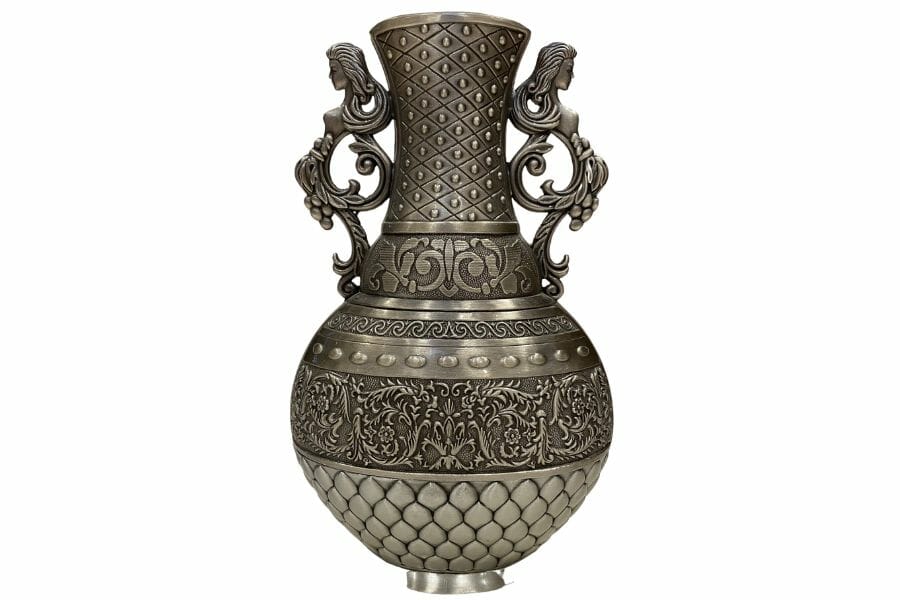Antimony is a unique chemical element that is very important in a number of different industries. This shiny metalloid has been making waves from ancient civilizations to modern-day applications. But what exactly makes it so special?
The price of antimony is high in large part because it is so rare and the demand for it is consistently high. This is something that the industrial world cannot get enough of!
It’s frequently utilized in batteries, flame retardants, and even as a catalyst for chemical reactions. Due to its adaptability, it’s in high demand in the electronics, aircraft, and healthcare industries.
Antimony has a value that extends beyond its cost. This substance has unique qualities that make it essential. It’s a preferred option in manufacturing because of its capacity to strengthen metals and thwart corrosion. Moreover, antimony compounds have been utilized for ages in traditional medicine due to their therapeutic qualities.
Join us as we unravel the world of antimony and examine why it’s worth its weight in gold, whether you’re interested in the finer points of industrial applications or the historical significance of this brilliant metalloid!
What Antimony Is
Antimony is a chemical element with a unique place on the periodic table. With the symbol Sb and atomic number 51, it sits right beneath arsenic and above tellurium. Known for its lustrous silver-gray appearance, antimony is a metalloid, which means it possesses properties of both metals and nonmetals.
Antimony is a brittle and relatively soft metal that can be easily shaped and molded in its pure form. It is found in nature in various forms, including minerals such as stibnite (antimony sulfide) and valentinite (antimony oxide). These ores are the primary sources of antimony extraction.
What sets antimony apart is its remarkable properties. It is a poor conductor of heat and electricity, making it useful in applications where low thermal and electrical conductivity are desired.
Antimony is also known for its high corrosion resistance, allowing it to withstand harsh environments. It also exhibits unique flame-retardant properties, making it valuable in manufacturing flame-resistant materials and coatings.
Due to its diverse characteristics, antimony finds its way into numerous industries. It is utilized in producing batteries, alloys, flame retardants, ceramics, glass, and even as a catalyst in specific chemical reactions. Its applications range from electronics and aerospace to healthcare and military equipment.
Antimony’s intriguing blend of metallic and nonmetallic properties, combined with its wide-ranging industrial applications, make it a fascinating element that continues to play a significant role in shaping our modern world.
How much is Antimony worth
Antimony is traded and priced based on weight or quantity, usually in metric tons or kilograms. The price of antimony can fluctuate depending on factors such as supply and demand, market conditions, and the purity or grade of the material. Antimony’s current price is $2.72 to $6.80 per pound.
Why Antimony Is So Expensive
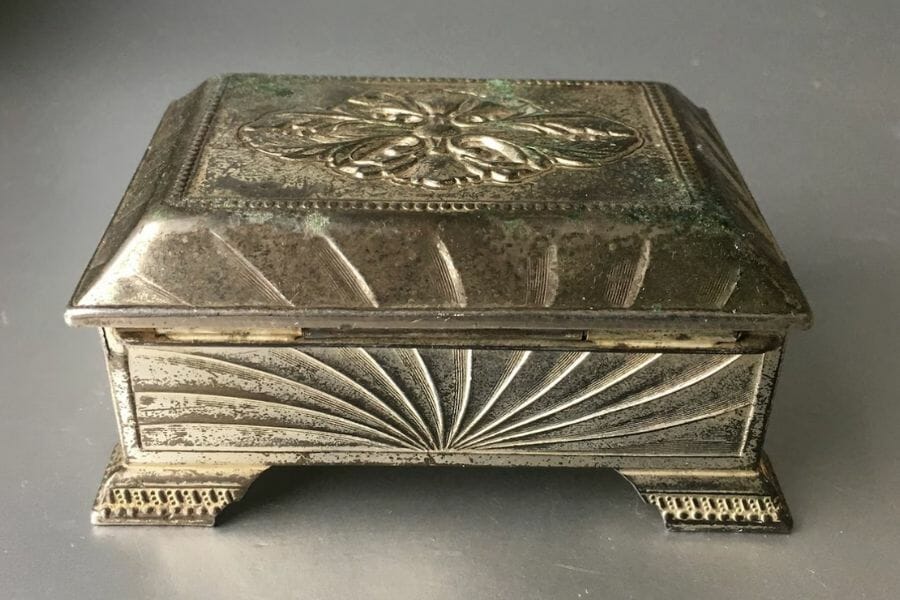
Antimony, the mysterious and versatile element, holds a special place in the hearts of various industries, and for good reason. Its unique properties and widespread applications contribute to its undeniable value.
The historical significance of antimony further adds to its allure. It has been utilized for centuries in traditional medicine for its medicinal properties, and its ores have been mined since ancient times. This long-standing appreciation for antimony has cemented its value in scientific and cultural contexts.
All in all, the exceptional flame-retardant capabilities, battery applications, versatility in alloys, corrosion resistance, and historical significance make antimony a highly valued element. Its diverse range of applications and unique properties continue to make it a sought-after commodity in the industrial landscape.
How To Determine The Value Of Antimony
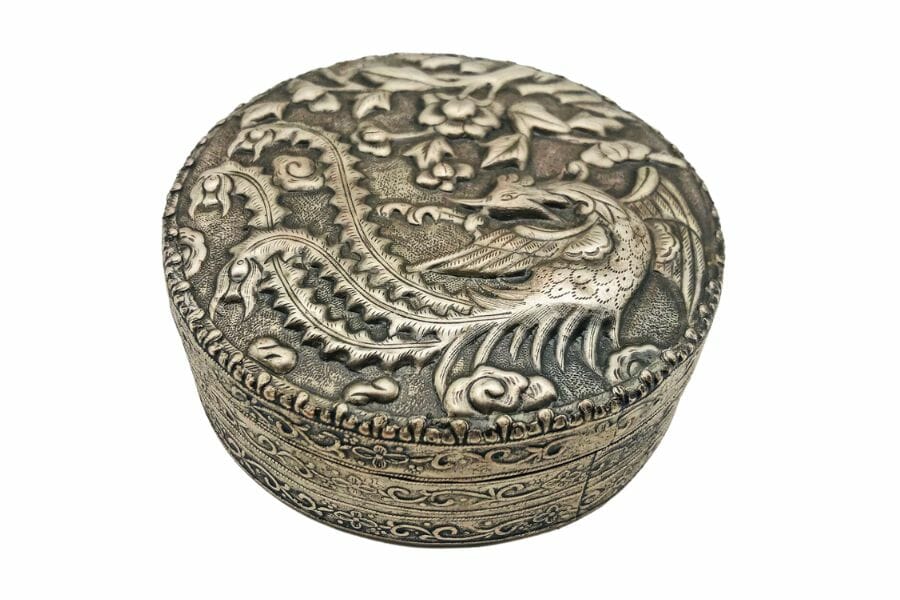
There are numerous variables to take into account when figuring out how much antimony is worth, including the following:
Supply and Demand
Like any commodity, the price of antimony is influenced by the fundamental principles of supply and demand. If the supply of antimony is limited or there is a high demand in various industries, the price tends to increase. Conversely, the price may decrease if the supply is abundant or demand decreases.
Purity and Grade
The purity and grade of antimony can significantly impact its price. Higher purity levels are often more desirable and command a premium in the market. Antimony is traded in different grades, and the price can vary based on the concentration of antimony in the material and the absence of impurities.
Market Conditions
Economic and market conditions can influence the price of antimony. Factors like inflation, currency fluctuations, and global economic trends can impact commodities’ overall demand and pricing, including antimony.
Production Costs
The cost of extracting and refining antimony from its ores can impact its price. Factors such as energy costs, labor expenses, and technological advancements in extraction methods can influence the overall production costs, affecting the antimony market price.
Regulations and Policies
Government regulations and policies, particularly those related to environmental and mining practices, can influence the availability and cost of antimony. Stricter regulations may impact production, leading to potential supply shortages and price fluctuations.
Antimony Price By Type
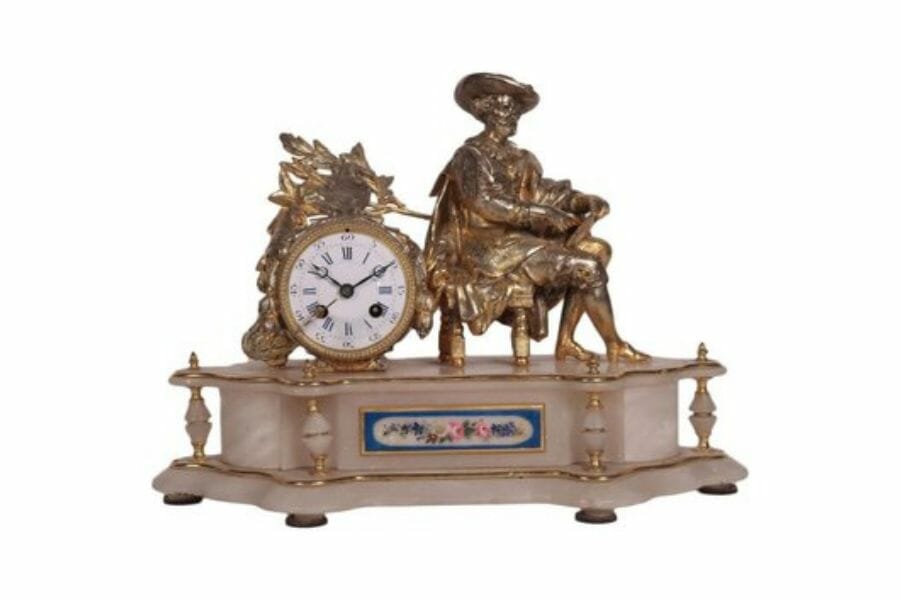
Antimony often costs between $2.72 to $6.80 per pound. Rare specimens of antimony can bring a higher cost than usual.
Antimony pricing by unit of measurement
The costs and price ranges of different antimony are very varied. Let’s calculate the cost of the other antimony units.
| Measurement | Price |
| A carat of antimony | $0.0012 to $0.003 |
| A gram of antimony | $0.01 to $0.02 |
| An ounce of antimony | $0.17 to $0.43 |
| A kilogram of antimony | $6.00 to $15.00 |
| A pound of antimony | $2.72 to $6.80 |
| A ton of antimony | $5,443.11 to $13,607.78 |
How To Get An Appraisal On Your Antimony
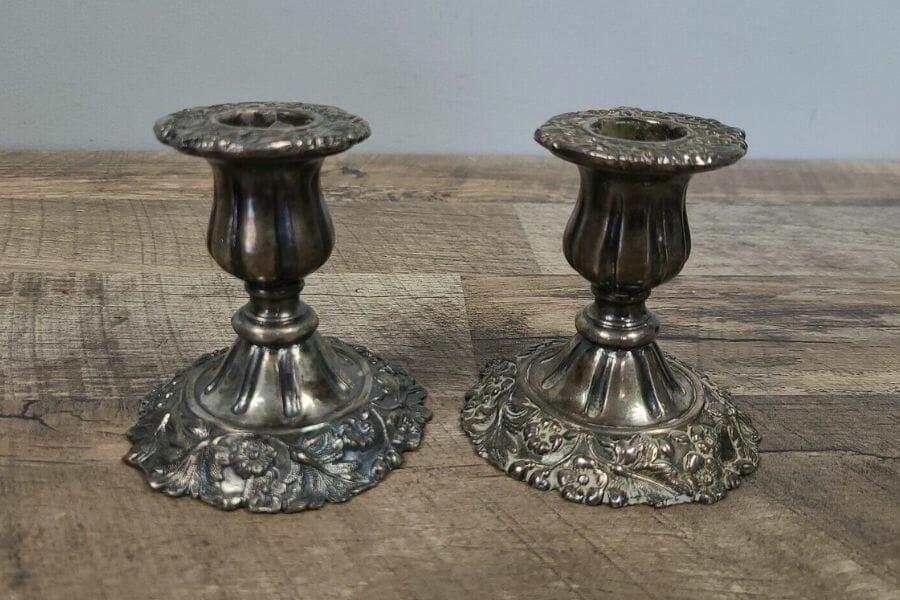
A few elements must be considered for a thorough and realistic evaluation of your antimony.
Look for professionals or companies specializing in mineral appraisals or commodities. Seek out individuals or firms with experience appraising antimony or other minerals, such as the Gemological Institute of America (GIA) or the American Gem Society (AGS). You can search online directories, consult industry associations, or seek recommendations from experts in the field.
Reach out to the selected appraisers and provide them with the necessary information. Describe the type of antimony you possess, its form (e.g., antimony trioxide, metal ingots), and any relevant details such as purity levels, quantity, and packaging. Appraisers may request additional documentation or ask specific questions to assess the material accurately.
The appraiser may request to evaluate the antimony or request detailed photographs and documentation physically. They may consider factors such as quality, quantity, purity, market conditions, and any unique characteristics that affect the value.
After the evaluation, the appraiser will provide you with an appraisal report. This report will typically include details about the antimony’s value, methodology used for evaluation, relevant market information, and any supporting documentation or references. Ensuring that the appraiser is reputable, unbiased, and provides a well-documented appraisal report is essential.
Obtaining multiple appraisals from different experts may be helpful to ensure accuracy and fairness. Comparing the assessments can give you a better understanding of the antimony’s value and provide a basis for negotiation or decision-making.
Remember that the cost of the appraisal will vary based on factors such as the complexity of the evaluation, the appraiser’s expertise, and any associated expenses. It’s advisable to discuss the fees and terms with the appraiser beforehand.
Engaging with reputable appraisers specializing in minerals and commodities will help you obtain a reliable and professional appraisal for your antimony.

